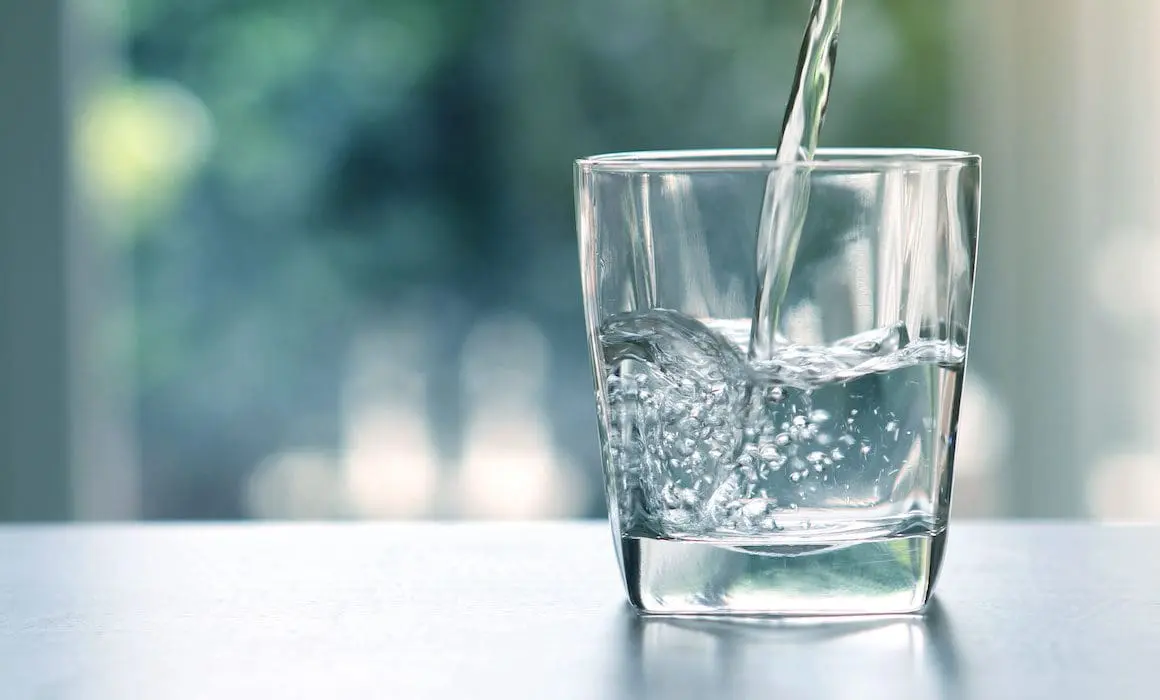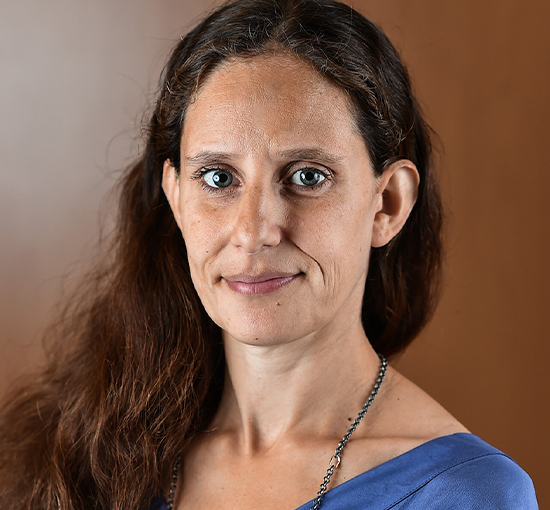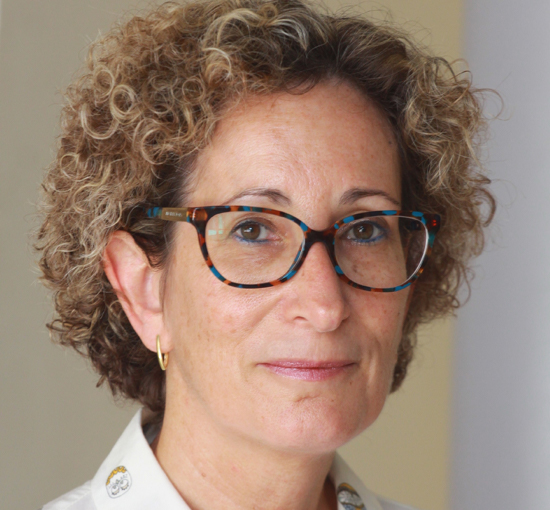Purifying What Precious Water We Have

The frequency and duration of droughts has increased by nearly a third since 2000, affecting much of Europe this past summer, including Switzerland. Hundreds of thousands of Floridians were left without clean drinking water when Hurricane Ian hit this fall and the same fate awaited residents of Mississippi just months earlier when severe storms contaminated its wastewater treatment facilities.
Access to clean drinking water is becoming increasingly scarce, as more than 2.1 billion people globally lack safe drinking water at home, according to UN reports. That’s why preserving clean water — wherever and however we can — has become a priority challenge for Assistant Professor Adi Radian.
Prof. Radian and postdoctoral researcher Samapti Kundu have developed a fast, efficient technology for cleansing our drinking water of perfluoroalkyl and polyfluoroalkyl substances (PFAS), which have been linked to various health risks. Referred to as “forever chemicals,” PFAS remain intact in the ground for a long time, leading to extensive contamination of drinking water and increasing human exposure. These chemicals reach the groundwater in various ways, ranging from agricultural irrigation using treated wastewater to firefighting foam seeping into the soil.
International studies have shown that exposure to PFAS can lead to cancer, heart and liver disease, fertility problems, birth defects, and damage to the immune system.
Until now, removing these substances from drinking water has been accomplished through relatively simple absorption techniques that are inefficient and most importantly, don’t get rid of the problem as they simply transfer the pollutants elsewhere. Prof. Radian and her team attacked the problem by combining two new methods that had not been effective on their own: separating the pollutants with special polymers, and then using advanced oxidation processes to eliminate them. They found the method removed seven types of PFAS at close to 90% efficiency within minutes.
In her earlier work as head of the Soil and Environmental Chemistry Lab at the Technion, Prof. Radian teamed up with biotechnology and food engineering Professor Ayelet Fishman to develop and patent technology to remove carcinogenic formaldehyde from wastewater used in industrial processes.

